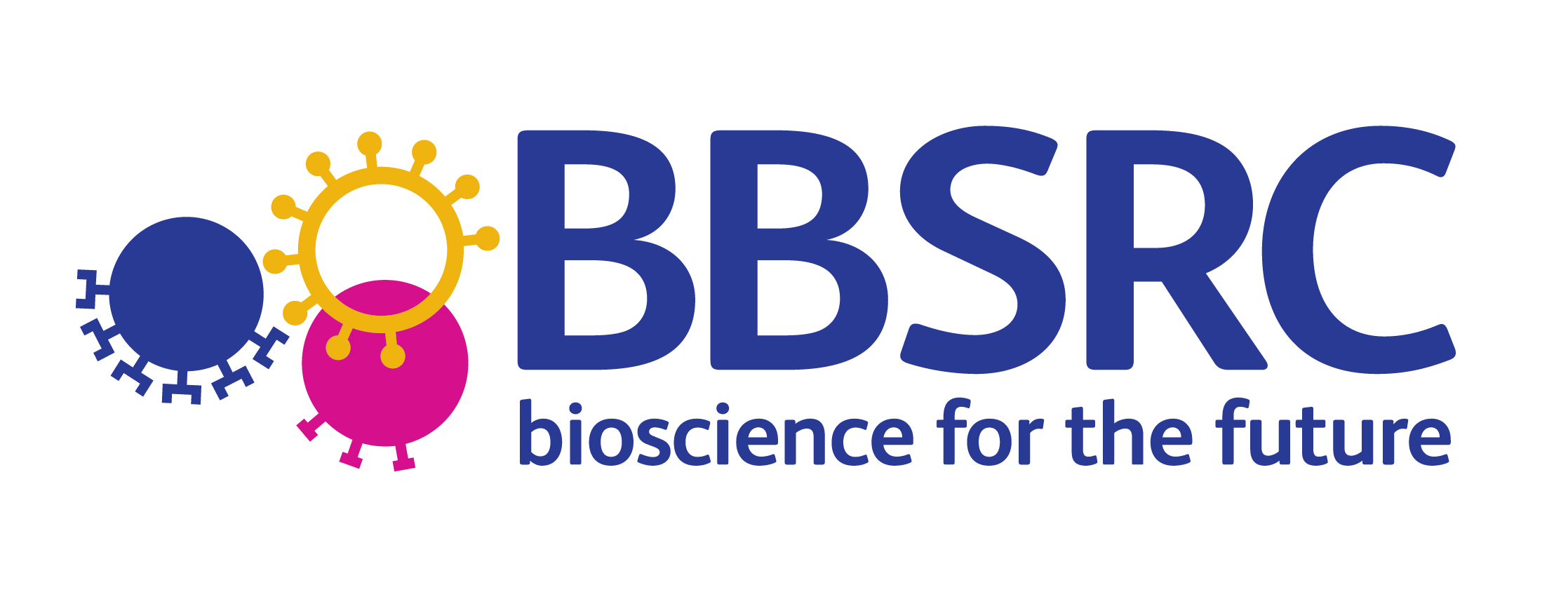|
|
| Line 18: |
Line 18: |
| | | | |
| | <div class="factcol"> | | <div class="factcol"> |
| − | <h4><center>Battery</center></h4> | + | <h4><center>Glasgow Team</center></h4> |
| − | <p>Want to do microscopy in the field? Or put your openScope inside a fridge? The great news is, openScope can run on battery for up to 12 hours. To power it up you will need to MoPi power module for Raspberry Pi and two 9V batteries. We recommend replacing the single 9V cell for a series of 6 1.5 AA batteries for best performance. For this purpose, you can 3D print this battery holder.<center><img src="//2015.igem.org/wiki/images/4/4f/CamJIC-MoPi.jpg" style="height:300px;margin:5px"></center> </p> | + | <p>text </p> |
| | </div> | | </div> |
| | | | |
| | <div class="factcol"> | | <div class="factcol"> |
| − | <h4><center>Cleaning</center></h4> | + | <h4><center>William and Mary Team</center></h4> |
| − | <p>We are aware that an item put into your incubator can cause contamination and ruin your samples. Ugh. But this will not happen with openScope. Simply spray with isopropanol and it is ready! Isopropanol (a.k.a. propan-2-ol) is totally safe for the PLA and the electronics. Do not never ever attempt to use methanol (will make the PLA soft) or even worse, acetone (will simply destroy your microscope).<center><img src="//2015.igem.org/wiki/images/3/31/CamJIC-Notebook-Acetone.JPG" style="height:300px;margin:5px"></center></p> | + | <p>text</p> |
| | </div> | | </div> |
| | | | |









